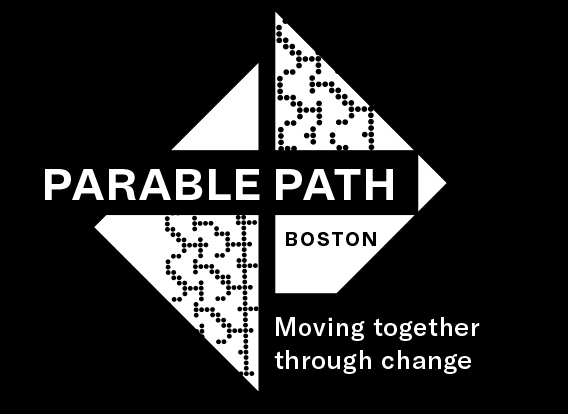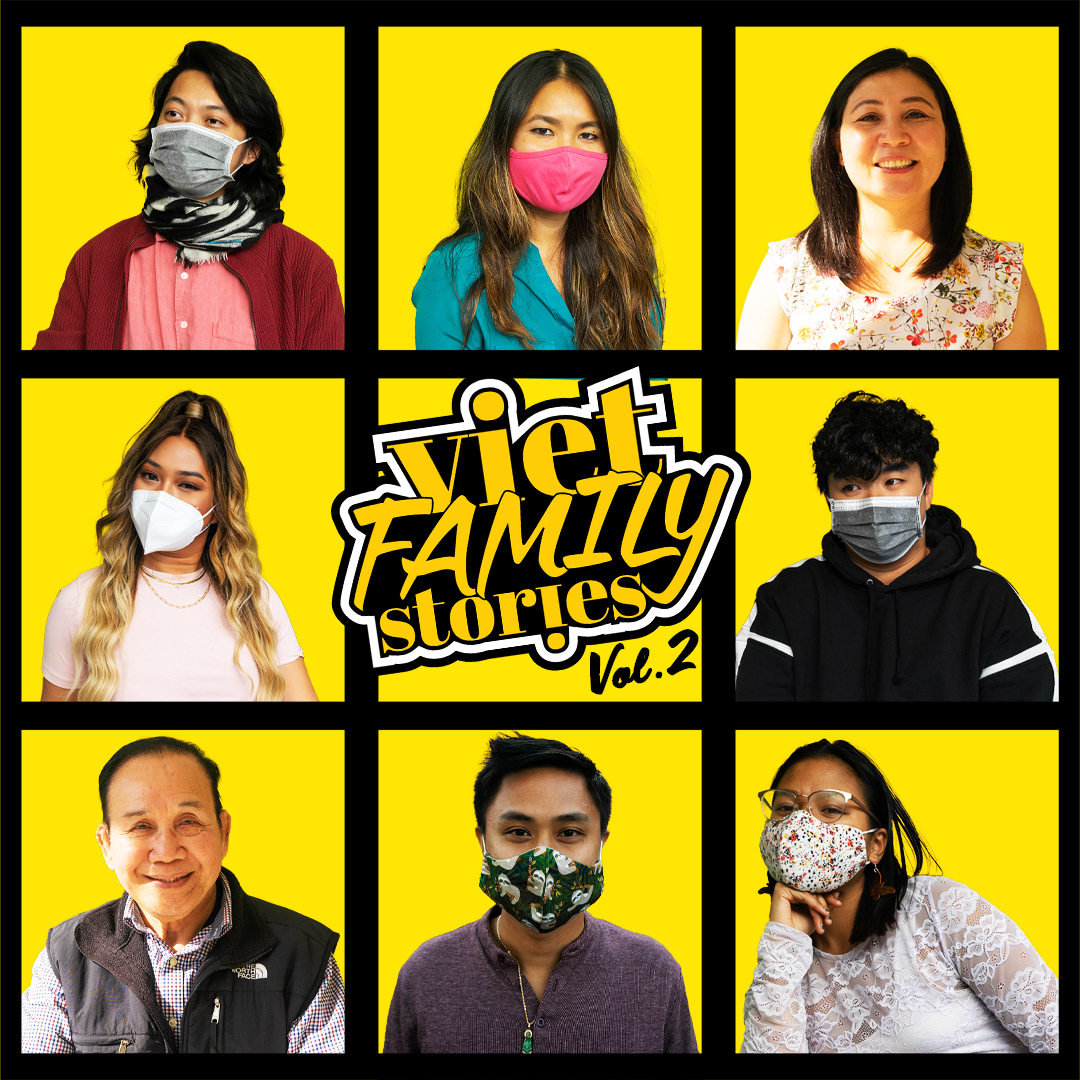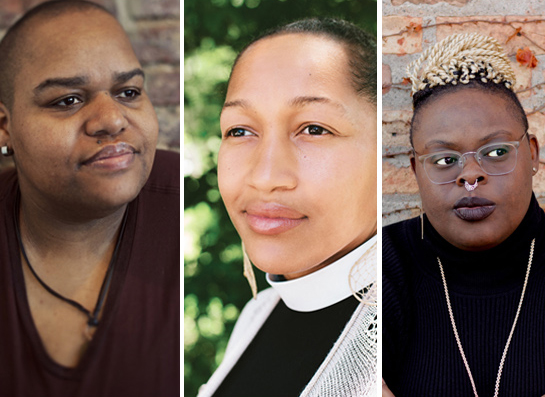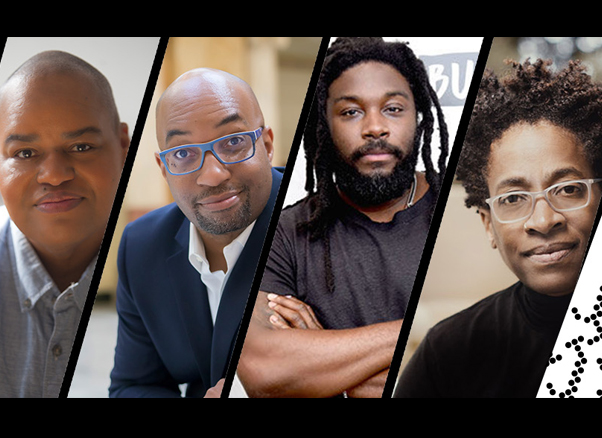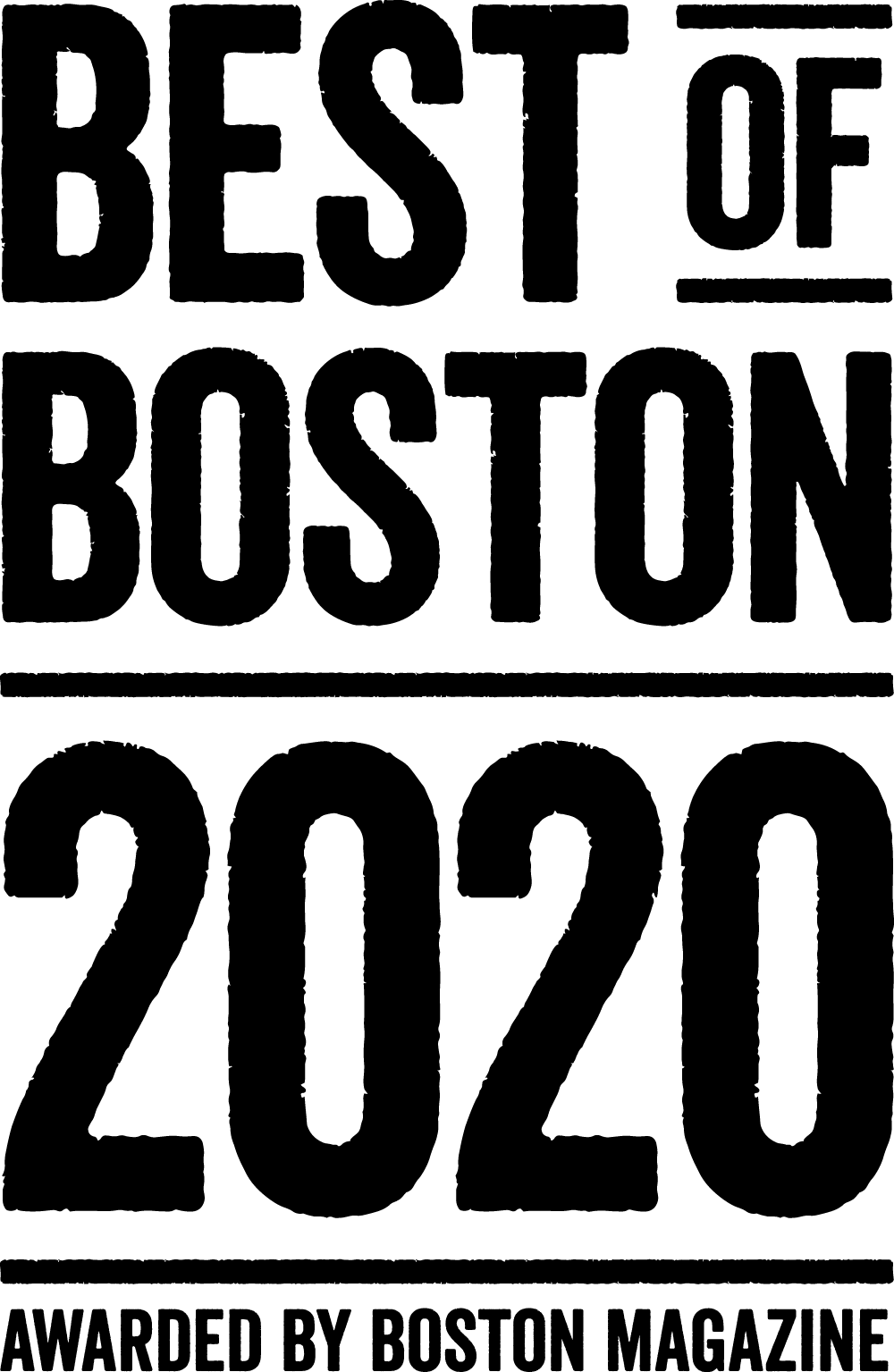Statement by Toshi Reagon
At the foundation of my singing is the idea that I am not singing alone. That even when I don’t see anyone else in a space with me, even if I am in a space and people are there I don’t know, a congregation is possible. Humans may desire alone time, but togetherness, too. Good company. Tribe. Collaboration. Someone to reflect what comes from you back at you and make that into something more, or a confirmation of existence. That is necessary. I see my work as a singing congregation.
My people, my family, my ancestors didn’t call it art. It was/is our transportation through difficult to stay alive in a place that saw us as a commodity, a body to wound, to torture and exploit in painful and destructive ways. Somehow, we had to navigate to our truth. To our freedom. My people fed me through a line of songs that carried vital information. I never met the composers, but I understand and believe the sonic score.
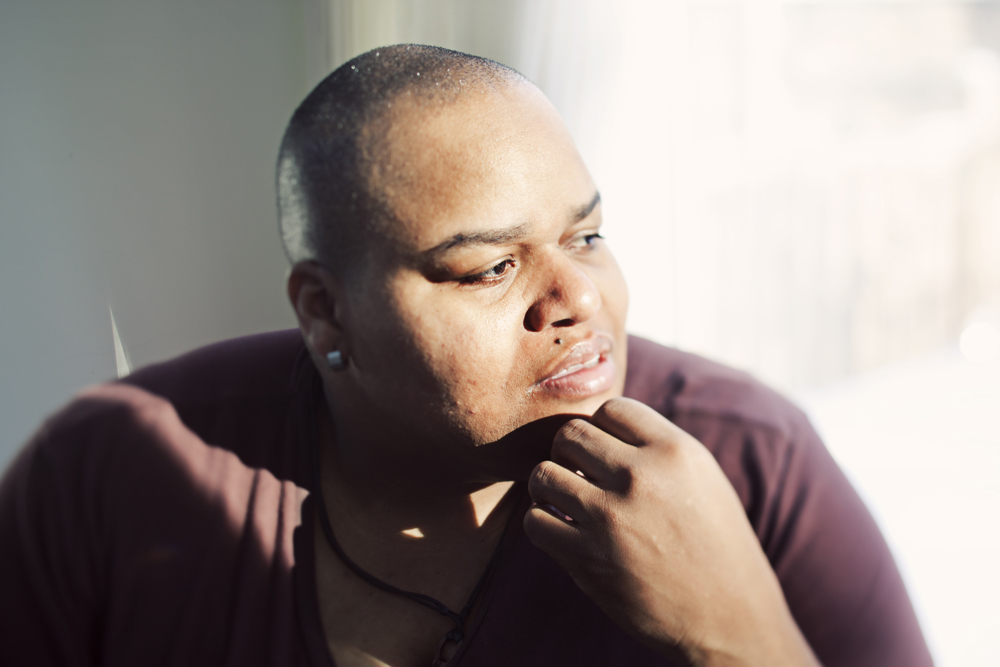
Now I am an artist. A musician, composer, singer, curator, a producer of music, concerts and theater. Because, I don’t want to be tortured. I don’t want my people, my friends, or any people anywhere to be abused. I don’t want the planet to continue to suffer. Congregation is at the center of most of the things I do.
It is hard for me to think of audience engagement without being real about our history in the U.S. For the majority of our country’s existence there has not been freedom and equal opportunity. When talking about how we offer our creative spaces to the public, I think these questions of engagement get asked as an opportunity for systemic change and access. Maybe even healing. If you are a holder of space, you have the opportunity to walk outside of the doors of your space, and house within your walls not just dynamic and interesting art from everywhere, but offer a feeding of the spirit and a restoration of the congregations that surrounds you. ArtsEmerson embodies this, and it’s why I’m drawn to collaborate with them.
I can never forget I come from bought and sold people—overworked, exploited people who were so creative at surviving and messaging truth that has lasted hundreds of years. I know what was done to them and what they thought of my possibilities. I know right from wrong. That is the measure of communication and exchange I try to follow. And now, I follow it with the privilege of some freedoms, with the gift of evolutionary collaboration across borders of places and people. Now my expectations are high, and I want to engage every talented and willing person inside of every institution I work with.
In 1997 my mother Bernice Johnson Reagon and I taught a Princeton Atelier music course for Toni Morrison. We had to teach with a text. My mom chose Parable of the Sower by Octavia E. Butler.
Published in 1993, the Parable novel tells the story of 15-year-old Lauren Olamina living in a self-made, walled-in, cul-de-sac community in a suburb 20 miles north of Los Angeles in the year 2024. Everything is wrong. Lauren lives in an upper middle class neighborhood with her family. Her father is a Baptist minister and the unofficial mayor of their community. They have had to, literally, wall themselves in. It is a desperate and terrifying existence where all the troubles that seemed so far away happening to others end up at your door. Lauren is raised in this world but finds it is unsustainable. She creates a new belief system called Earthseed. She believes “God is Change”–that the only lasting truth is change.
This book simultaneously terrified me and gave me so much hope. In our semester long work shop we arched songs that we knew over the conditions in the book, from over 200 years of music. When we finished the course, we knew we could sing this story. In 2015, I did the first workshop performance of what would become the opera Octavia E. Butler’s Parable of the Sower. Butler’s estate gave me a year to find a director, a producer, and some institutional support or interest. Because I thought that this work would be an important communication by which many people could participate, I wanted a 2017 debut.
My idea was that this work would gather folks interested in not living within a diabolical existence on earth. It would serve as a “belly button” focal point where a multitude of collaborations and events would circulate before and after. Because Octavia Butler lays out so clearly our contemporary issues, anyone could participate. I see theaters as potential holders of mass meeting in the position of churches during the Southern freedom movement of the 1960’s. I see theaters that are on college campuses as additional classroom spaces. ArtsEmerson has met me here in this vision with this residency.
Parable debuted at NYUAD Arts Center in Abu Dhabi in November 2017. Its U.S. debut was with Carolina Performing Arts, UNC-Chapel Hill, North Carolina. My collaboration with CPA, helped me learn how to engage with this work and communities interested in it and our production. In January, I was awarded the Mellon DisTil fellowship. I structured the fellowship on issues in the book and how they related to the triangle area. Then I looked for experts. I found them in the faculty of UNC and in the triangle community. They were so incredible. This taught me how to build a path that the production centered.
I have made residencies everywhere we have done the work in the U.S. When I couldn’t make a residency, I planned or participated in an event that would give access to further collaboration. I don’t do this by myself anymore. There are several artists, activists, scholars, and practitioners who are on a path together across borders. This is a continuous stream of engagement that circulates around an artistic work that many folks have their hands on inside of their own work.


